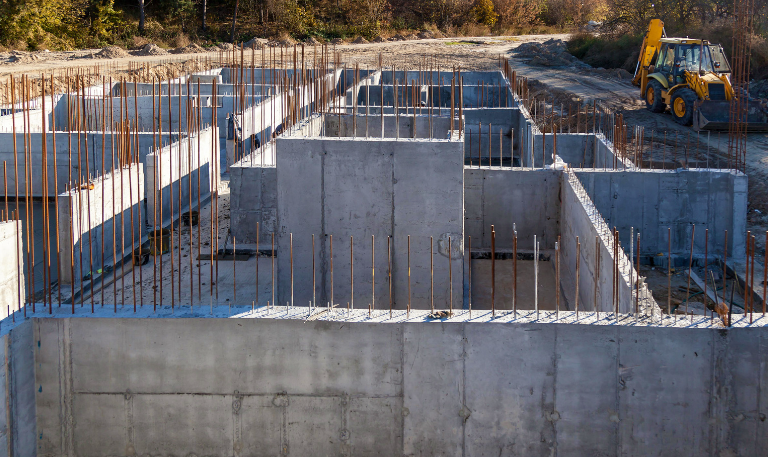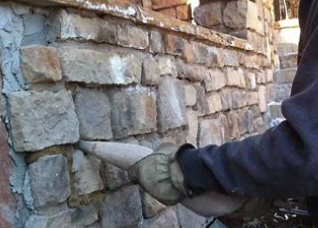A Guide To Understanding Masonry Price
Masonry, the craft of building with brick, stone, or concrete block, has been a cornerstone of architectural projects for centuries. Whether you’re constructing a home, a walkway, or a commercial building, understanding the price of masonry is crucial to budget effectively and get value for your money. This article demystifies the critical components determining the cost of masonry work and provides insights to make well-informed decisions.
Factors That Affect the Price of Masonry Construction
While many think of bricks or stones when masonry is mentioned, the cost is influenced by various components. Knowing these can help in your planning and negotiations.
-
Material Costs
The primary materials used in masonry are bricks, stones, and concrete blocks. The price of these materials can vary based on quality, type, and location. For instance, a natural stone like granite may cost more than a regular brick. Additionally, the costs can increase if a specific material needs to be imported or transported from a distant location. Always research local rates and consider alternative materials if budget constraints are tight.
-
Labor Charges
Masonry requires skilled labor. The experience and expertise of the mason(s) play a significant role in determining the labor costs. The labor charges may be higher in areas where skilled masons are scarce. Additionally, complex designs or intricate patterns can increase the time and effort required, raising labor costs. Before finalizing any masonry project, get a clear breakdown of labor charges to avoid surprises.
-
Project Complexity
A simple wall will cost less than an ornate facade with intricate patterns and designs. The complexity of a project dictates not just the amount of material needed but also the labor and time required. Multi-story projects or those requiring unique structures, like arches or columns, can increase masonry prices. Always have a clear blueprint of your project so that masons can provide accurate estimates.
-
Equipment and Tools
Specialized tools or machinery, such as scaffolding for taller structures or cutting tools for specific stone shapes, can add to the project cost. While some masons include the cost of these tools in their labor charges, others might list them separately. Understanding what equipment will be needed and its associated costs can prevent unexpected expenses and help you compare quotes effectively.
-
Permits and Licenses
Depending on the locality and the project scale, you might need to secure permits or licenses. These come at a fee, and while they’re not a masonry expense, they’re part of the overall project cost. Before starting construction, check with local authorities about necessary permits and their fees to include them in your budget.
Tips to Get Value for Your Money
While understanding the various factors determining the price of masonry is essential, ensuring you’re getting the best value is equally important. Sometimes cutting costs means also cutting quality.
-
Do Your Research
Before starting a masonry project, spend time researching. Understand the going rates for materials and labor in your locality. This knowledge can be invaluable when negotiating or comparing quotes.
-
Seek Multiple Quotes
Don’t settle for the first quote you receive. By getting multiple estimates, you can compare the components of each quote and choose one that offers the best value for your money.
-
Check References and Reviews
Before hiring a mason, check their references and reviews. A mason with a history of delivering quality work on time will likely provide better value even if their charges are slightly higher—pay a little now, save the headache later.
-
Go for Durable Materials
While initial costs are crucial, think long-term. Opting for durable, high-quality materials might increase the upfront cost but often saves money in the long run by reducing maintenance and repair expenses.
-
Keep Communication Open
Throughout the project, maintain open communication with the mason. Clear discussions can prevent misunderstandings, ensure the project stays on track, and avoid unexpected costs.
Need a contractor recommendation?

VP of Architectural Sales- VirginiaJeff Carlson
Latest News

4 Ways To Reinforce Concrete
Concrete is one of the most fundamental materials used in construction. If you’re working on a domestic project or a […]

The Environmental Benefits Of Using Ready-Mix Concrete
The construction industry is changing quickly to meet the growing demand for sustainability and eco-friendly practices. One of the most […]

6 Essential Tips For Grouting Stone Veneer
Grouting stone veneer is an important step in the installation process that can significantly impact the overall look and durability […]

Should You Fill Hollow Concrete Blocks?
Hollow concrete blocks are widely used in construction due to their strength, versatility, and lighter weight compared to solid blocks. […]
